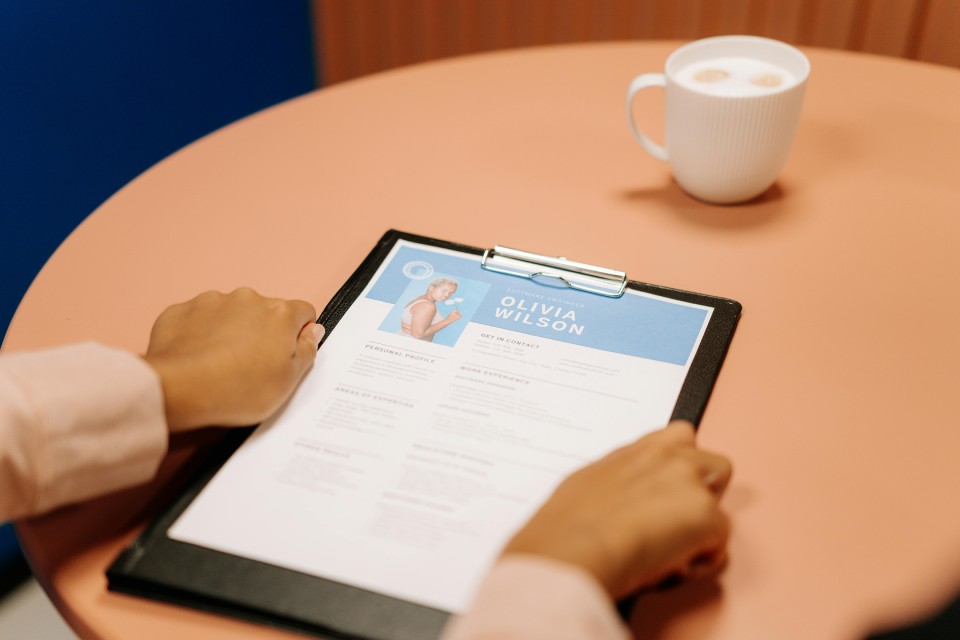A national survey[1] and report commissioned by www.mindyourbackuk.com – backed by Mentholatum[2] — has revealed that 64 per cent of 18–29-year-olds have experienced back problems in the past year.
With back pain already costing the UK £10 billion per year and accounting for four in ten sick days,[3] it’s clear we need to take action to stop back issues spiralling out of control.
GP and advisor to www.mindyourbackuk.com, Dr Gill Jenkins, said: “For the six in ten Brits who have been mostly or always working from home during the pandemic, the relaxation of lockdown can’t come soon enough. Almost half don’t have constant access to a table and supportive chair during their working day, while unfortunately, 20 per cent have to work while sitting on a sofa or bed. This plays absolute havoc with posture and spine health”.
The survey also found that some home workers were even forced to buy their own specialist chairs during lockdown (17%) as only 11% received workstation equipment from their employers.
While the average working day has increased by 48 minutes worldwide[4], many Brits are doing less exercise to compensate for this. A fifth of those polled admitted to doing no exercise at all in a typical working week and just 7 per cent got up to walk around and stretch every hour – which is recommended for desk work.
The reasons for this include a lack of motivation – cited by 46 per cent – and being pushed for time (37 per cent) or lacking energy (26 per cent) – all very bad news for our backs.
Of the people who had experienced new back pain over the past year, more than half (56 per cent) said they have lower back pain compared with 23 per cent who have pain in the neck or shoulder blades. Lower back and neck pain are common complaints when screens are not at eye level, or chairs fail to support the back, allowing desk workers to slump.
Dr Jenkins added: “Caring for our backs can reduce stress and boost energy so we can live our lives to the full, without pains and aches holding us back. We can’t hurry the lockdown easing but we can do things at home to care for our backs. The Mind Your Back 5 S.T.E.P.S. programme[5] keeps your back mobile, flexible and active, and is easy to incorporate into daily life”.
Mind Your Back 5 S.T.E.P.S. programme
Five simple S.T.E.P.S. for home working back care:
- STRETCH – Gentle stretching, even for a few minutes a day, increases mobility and helps loosen tight muscles. Check out 5 stretches at https://www.mindyourbackuk.com/stretch
- THERAPY – hot, cold (or preferably both, alternated) or anti-inflammatory topical therapies (rubs, sprays, patches), such as Deep Heat, Deep Freeze and Deep Relief which help kick-start the healing process.
- EXERCISE – walking, cycling and swimming are all gentle, low impact, exercises that help to mobilise your muscles and joints.
- POSTURE – check your posture, especially while doing desk work or watching TV, to ease non-specific lower back pain and enhance healing
- STRENGTHEN – core and back exercises strengthen back muscles and prevent localised stiffness and pain. See 5 examples at https://www.mindyourbackuk.com/strengthen










